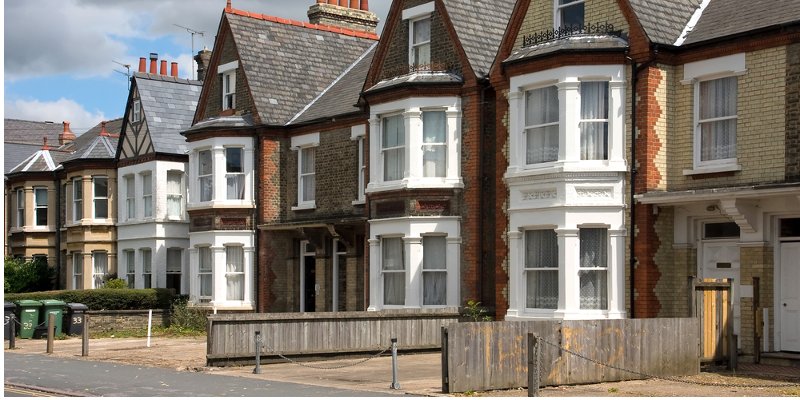Of the surveyors polled just 1% more signalled prices were rising.

Housing market activity is flatlining in terms of house price growth and sales activity, RICS UK Residential Market Survey for July suggests.
Of the surveyors polled just 1% more signalled prices were rising.
Regarding buyer enquiries and agreed sales 4% and 5% more surveyors said they were falling.
Simon Rubinsohn, RICS chief economist, said: “Sales activity in the housing market has been slipping in the recent months and the most worrying aspect of the latest survey is the suggestion that this could continue for some time to come.
“One reason for this is the recent series of tax changes but this is only part of the story. Lack of new build in the wake of the financial crisis is a more fundamental factor weighing on the market.
“And there are some very real consequences for the economy from all of this including the impact on the ability of people to be mobile when looking for work.
“The flatter trend in price growth is arguably a silver lining but there is no real indication that the housing market will become materially more affordable anytime soon.
“Hence the need for the government to press ahead with the Build to Rent initiative as well as continuing to focus on other tenures alongside home ownership to try address this critical issue.”
In the next 12 months surveyors remain more optimistic, with a net balance of +28% anticipating an increase in prices. However this is the least positive reading since last July at the time of the EU referendum results.
Richard Sexton, director at e.surv, doesn't think housing professionals should be too concerned by the slowdown indicated by RICS.
He said: “Through a lack of growth in new buyer enquiries and new instructions, buyers and sellers are evidently taking a cautious approach during times of economic uncertainty.
“Despite this, today’s results should not be viewed as a sign of troubled waters.
“The whole market has been steadily growing and we have seen increases in mortgage approvals year-on-year, driven by remortgage activity, particularly in the North.
“However, the fundamental issue which remains and prevents a significant advancement in our housing market is a chronic lack of supply.
“The government must begin to put words into action and address this problem, sooner rather than later, to enable more first-time buyers to step onto the property ladder and increase market fluidity.”
Stephen Wasserman, managing director at West One Loans, reckoned the bridging sector is defying these slow results.
He said: “Political and economic upheaval, alongside the ongoing supply vs demand issue, is continuing to plague the property market, damping buyer and investor demand.
“Despite today’s figures painting another downcast picture of activity, the housing market is resilient and we’re optimistic that while we may continue to see a few stutters in due course, the overall market will grow in time.
“The bridging sector in particular has been flourishing in recent months, as those looking to capitalise on quick sales can do so with the flexibility and speed that this unique type of financing offers, and we expect this trend to continue.”
Jeremy Duncombe, director of Legal & General Mortgage Club, said: “Uncertainty in the current political and economic landscape might have made some buyers act with caution before investing in a new property.
“Yet despite the more discouraging views on the housing market, the mortgage industry has actually remained resilient in the face of Brexit negotiations and a minority government.
“In fact, with house prices now rising in line with wage inflation, for many previously struggling first-time buyers the housing market now offers more opportunity to make the first step.
“However, the long-running issue of housing supply remains, and it’s vital that the government continues to find and act on ways to address our limited housing stock to boost housing supply and give more younger buyers a better chance at homeownership.”



